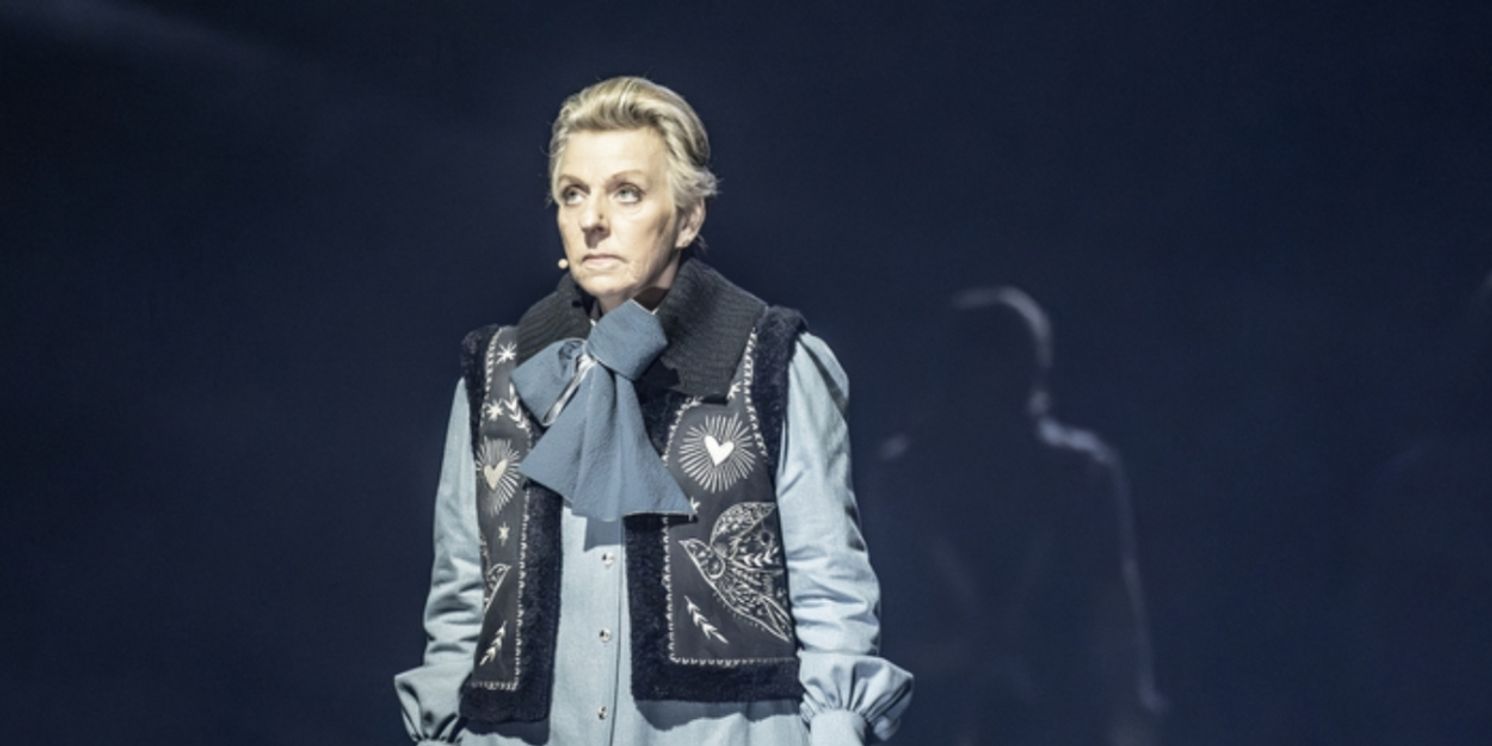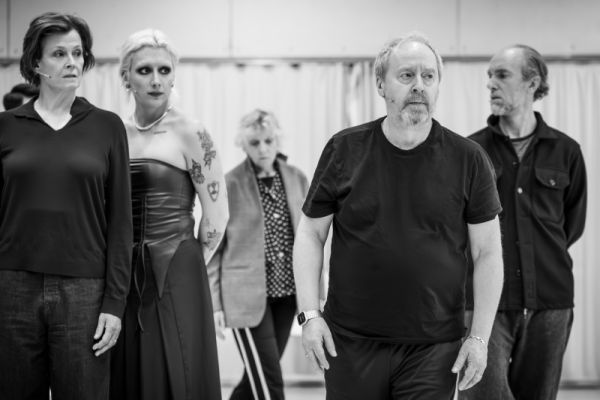Interview: ‘It’s Like All My Birthdays Have Come At Once’: Actor Selina Cadell on Surrendering to Shakespeare in THE TEMPEST
'The Tempest is one of the greatest of Shakespeare’s plays'

The Jamie Lloyd Company’s production of Shakespeare’s The Tempest, starring Sigourney Weaver, opens this week at Theatre Royal Drury Lane.
The first production in The Jamie Lloyd Company at Drury Lane, the play is also the first performance of The Tempest at the theatre since 1957.
BroadwayWorld sat down with Selina Cadell, who is playing Gonzalo in The Tempest, to find out more about this exciting new production.
This is the first production of The Tempest at the Theatre Royal Drury Lane since 1957, which is very exciting!
Incredibly exciting. It is iconic from that point of view and also, I think because I’ve been involved in traditional English theatre for a very long time - I direct Restoration comedy and my own Shakespeare quite a lot - and the home of Shakespeare was Drury Lane…I never thought I’d be involved in a play at Drury Lane and a Shakespeare play, so it’s like all my birthdays have come at once. The Tempest is one of the greatest of Shakespeare’s plays.

Photo Credit: Marc Brenner
How has The Tempest been interpreted by The Jamie Lloyd Company?
I think what Jamie Lloyd manages to do is make an extraordinary space in which the artists really collaborate together and he doesn’t really impose concept onto a piece. It’s a timeless, extraordinary space in which the play emerges. The sense of the isolation of an island and all of that, none of it is naturalistic. We’re not confined to a time or a period. We’re just really finding this world within the structure of the play and the emotional demands made on the characters in it.
You’re playing Gonzalo. How have you approached your interpretation of the character?
What I do is, I simply work from underneath the language and the character emerges through the belief that I have in what they say. I’m a great believer in surrendering to Shakespeare. What we’re really delivering is this incredible story and my feeling about my character work, is just surrendering to Shakespeare’s vision of these people.
%2C%20Selina%20Cadell%20(Gonzalo)%20%26%20Tim%20Steed%20(Antonio)_%20Credit%20-%20Marc%20Brenner_%20047.jpeg/The%20Tempest_%20Sigourney%20Weaver%20(Prospero)%2C%20Selina%20Cadell%20(Gonzalo)%20%26%20Tim%20Steed%20(Antonio)_%20Credit%20-%20Marc%20Brenner_%20047__600x400.jpeg)
Photo Credit: Marc Brenner
The Tempest isn’t a Shakespeare production that is performed often. How did it feel when you were asked to be part of it?
It’s incredibly thrilling and one of the great plays of all time. It’s quite a complex dynamic all together…It’s quite a straightforward tale of forgiveness and redemption, but the kind of world of the play is quite hard to grasp. It’s very story-like, much more than some of his other plays are. Big themes of self-healing, revenge and forgiveness are really a beating heart throughout the play.
Can you remember the first Shakespeare production that you saw?
I think my parents took me to see A Midsummer Night’s Dream outside somewhere. I do come from a long history of theatre people, so Shakespeare was part of my life from very early on. I think my mum used to tell me stories of Shakespeare and then we were taken to the theatre a great deal. I don’t remember a penny dropping. I just remember it being a gradual, kind of natural thing that Shakespeare was a part of my life. I feel very lucky.
,selinacadell(gonzalo)&timsteed(antonio).credit-marcbrenner.289.jpg?format=auto&width=1400)
Photo Credit: Marc Brenner
2023 was the anniversary of Shakespeare’s folio of work. Why do you think Shakespeare’s work has endured and still resonates with audiences?
That’s such a good question and it’s the kind of question that people don’t always ask. It’s lovely. I think it is because Shakespeare was such a good storyteller. There are two answers to this question - one is he actually does deal with…the things that are bigger than us. The things that make us stop and change and re-emerge as a different kind of individual. The things that lift us beyond ourselves and go into a slightly universal space of whatever it is. These universal problems are attached to the heart. You can recognise everything.
The main thing is that it is threaded through with a beating heart. That is interesting, because the second part of the question of why it has sustained for so long, I think is because his verse structure is actually called the iambic pentameter and that is actually the heart beat.
The structure with which he tells his stories you really need to understand, because when he wrote all those years ago in a very loud and noisy London, the verse line ending was a very helpful place to take a breath. It also means that you can produce the most amazing emotion that will take you through a few lines and then change the gear. But you’ve always got a space where the audience can really hear. That line ending is very key, the verse is very key, as a constraint off which creativity and imagination can spring. Once you learn the technique of the meter, it’s there. I think that’s one of the reasons he succeeded, because for an actor, it is a very appealing way of working.
The Tempest is at Theatre Royal Drury Lane until 1 February 2025.
Photo credits: Marc Brenner



